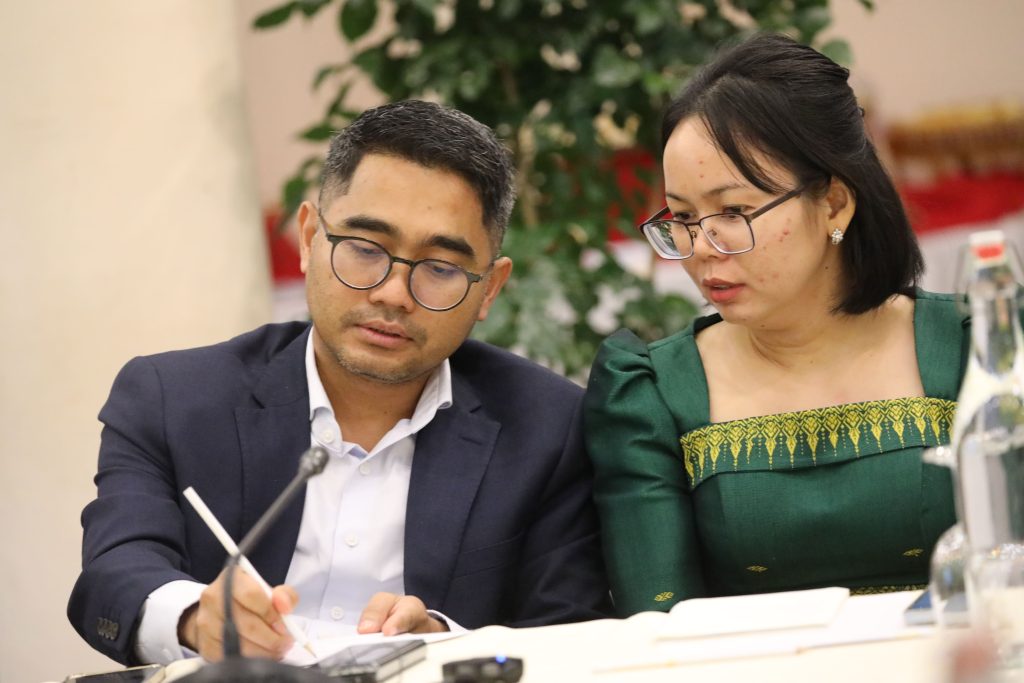
- Memorandum of Understanding signing ceremony
City Cancer Challenge (C/Can) spoke to Dr Juan Martín Álvarez Esquivel, Director of Municipal Health, Leon, Mexico on the occasion of the Memorandum of Understanding signing ceremony between Mexico’s National Cancer Institute (INCan), the Health Secretariat of Guanajuato, the Municipality of Leon, the Rodolfo Padilla Foundation, and City Cancer Challenge Foundation, an event that for the first time has been held virtually.
What does City Cancer Challenge represent for the city of Leon?
It’s an opportunity to include the city of Leon within a global initiative that places our country among the leaders in the search for innovative ways to work to improve the quality of cancer care.
At the same time, it focuses us on this great priority of cancer as a disease that generates so much impact not only on the patient and his or her family, but on their work, quality of life and survival. In these unprecedented times, we cannot stop caring for cancer patients, who are also facing difficulties continuing their treatment and accessing medicines.
It is a great opportunity to innovate how we think, care, plan for and manage cancer. By having all the important players in this area thinking about the best ways to close the gaps in our city, based on the data and evidence that City Cancer Challenge will provide, we will be able to define solutions that will improve the quality of care for all.
What motivated Leon to apply to become a C/Can city?
Leon is a progressive and innovative city that is always looking to be at the forefront of health matters that will impact our population. In this sense, City Cancer Challenge offered the opportunity to capitalise on the advances we have been working on in cancer, to bring together areas that have not necessarily worked on health issues and to have specific projects that can positively impact patients and families.
What will be the impact for Leon now that it is part of the City Cancer Challenge initiative?
There are many areas where we expect to see an impact for Leon as part of City Cancer Challenge. For example, providing a platform to collect data on all areas of cancer care in the city so we can create a roadmap to define the strategic priorities to work on. In addition, City Cancer Challenge has a large group of international health partners that will help mobilise networks and city stakeholders to develop and implement solutions appropriate to the local context. Another area that will impact is networking and connecting with other cities: facilitating the exchange of knowledge, projects, challenges and opportunities that being a City Cancer Challenge presents.
Leon has already been participating in forums between cities to discuss specific cancer projects. Health personnel at the city level and from the National Institute of Cancerology have participated in these sessions, which are also attended by world experts and professionals from Asunción, Cali and Porto Alegre.
Finally, I believe that the City Cancer Challenge methodology will strengthen our work on cancer, and will help to better measure the progress and the short- medium- and long-term impact of our efforts.
What is the value of addressing cancer from the perspective of the city?
We now understand that tackling the challenge of improving cancer care at a national level is complex and so we have to start somewhere: Acting as a mediator between institutions and civil society for the benefit of the city’s cancer patients will give us the opportunity to implement scalable and innovative models that can later be adopted by our counterparts in other cities, and in this way contribute to the development of the national cancer plan.
By generating knowledge, documenting experience and using quality data we can make better decisions about cancer. Leon will be a “laboratory” to test solutions to improve cancer care and we hope to be an example that can be replicated in other cities in our country.
How will patients benefit from the City Cancer Challenge initiative?
It’s important to mention that cancer support groups are part of the City Executive Committee, and are represented on many of the initiatives that come out of the data analysis that is carried out in the first phase of this process. Likewise, patient organisations are also an important part of work groups, which inform the solutions that the city prioritises, meaning that the patient and his or her family are front and centre in the whole project.
We hope that patients and their families in the city of Leon and in the state of Guanajuato join the working groups and become part of the solutions the city will implement so we can ensure that by working together we can make a positive and lasting impact on those who need it most.





